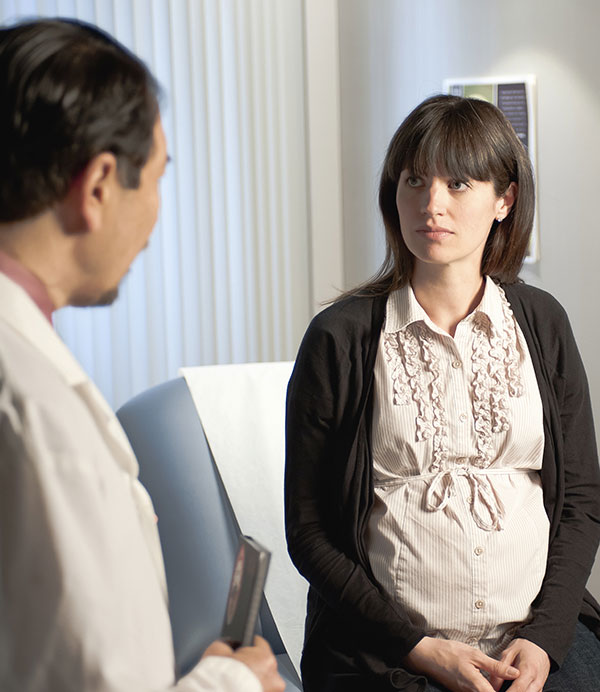Our Services
Recurrent Pregnancy Loss Specialist
RPL specialist

Get Started Today
RECURRENT PREGNANCY LOSS
Frequently Asked Questions
Recurrent pregnancy loss is usually caused by a genetic or chromosomal problem. About 50-80% of first trimester miscarriages occur when the embryo receives an abnormal number of chromosomes during fertilization. This type of chromosomal abnormality simply happens by chance; it doesn’t mean you or your partner have a medical problem to worry about.
Physical abnormalities in the uterus, such as uterine polyps, fibroids, adhesions, and congenital problems affecting the uterine structure can lead to recurrent pregnancy loss. You also have a higher chance of multiple miscarriages if you have:- Diabetes
- Hypothyroidism
- Incompetent cervix
- Polycystic ovary syndrome
- Antiphospholipid syndrome
After evaluating your medical history, Dr. Macer performs diagnostic testing, ranging from blood work and ultrasound imaging to genetic testing. If an underlying problem is diagnosed, he treats the condition, and you may subsequently have a full-term pregnancy.
When the cause can’t be found, you can still become pregnant, or could continue to have trouble with infertility or ongoing miscarriages. Whatever happens, the team at Macer Fertility Center understand that this is a difficult time filled with ups and downs. They listen to your fears and concerns, devote plenty of time to your care, and then walk together with you through this journey.
Thanks to Dr. Macer’s extensive experience, many women ultimately become pregnant and have the child they desire, but there are seldom quick answers and the process takes time. If you’ve had two or more miscarriages, call Macer Fertility Center or book an appointment online so they can help you reach the next chapter of your life.


